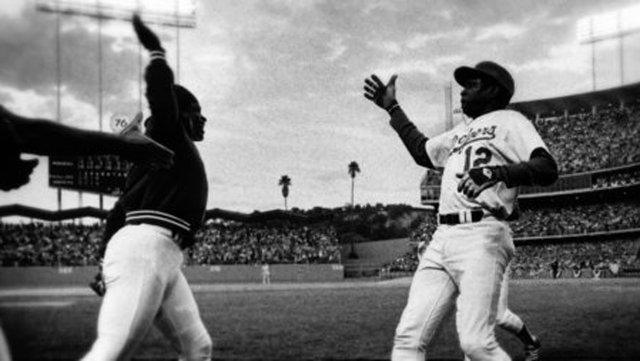
-
HOME
-
WHAT IS STANDOur Mission Our Values Our Help Contact
-
WHAT WE FIGHT FORReligious Freedom Religious Literacy Equality & Human Rights Inclusion & Respect Free Speech Responsible Journalism Corporate Accountability
-
RESOURCESExpert Studies Landmark Decisions White Papers FAQs David Miscavige Religious Freedom Resource Center Freedom of Religion & Human Rights Topic Index Priest-Penitent Privilege Islamophobia
-
HATE MONITORBiased Media Propagandists Hatemongers False Experts Hate Monitor Blog
-
NEWSROOMNews Media Watch Videos Blog
-
TAKE ACTIONCombat Hate & Discrimination Champion Freedom of Religion Demand Accountability
Scientology Is Freedom. Freedom Is Fun.
In just about every society on earth, we humans are handed nothing but limits from the time we are born. The limits of popular opinion, culture and thought, along with authorities to appeal to, permissions to ask, expectations to meet. Find the best job you can and cling to it until retirement or death; spend your off hours in a fog of escape using booze, drugs, TV, movies, video games, and other thin, weak substitutes for the real-life adventures you want and, deep down, yearn for.

We’ve all sat around musing about what our lives would be like if the Prize Patrol showed up at our door, or we woke up one morning to discover that we had bought the winning lottery ticket. What would we do if we had enough money to do virtually anything we wanted? Anything. What indeed? Spend our lives in self-indulgence and hedonism? Help others? A little of both? Something else?
Well, “the winning ticket” is just what happened to me about halfway through my third Scientology course. It’s what happened to just about every Scientologist I know. When beginning to study L. Ron Hubbard’s brilliant works, we discover that we can in fact, do whatever we want—live the life we want, or as many different lives as we want. With the tools we study, there are no barriers and no limits. We have the keys. The door is wide open. We are free to live our best lives. And I can tell you that moment of realization was as stark and startling as being handed any winning ticket might have been. Since starting Scientology, life has been in session.
This—one of the main reasons why people study and become lifetime practitioners of Scientology—is, astonishingly, rarely mentioned. Practicing Scientology is fun. It makes living fun.
Before Scientology, they had “accepted their lot” and “played it safe.” After Scientology, they started living. They finally had the freedom to.
To me, L. Ron Hubbard was the ultimate rebel (my kind of guy). He never sought approval or asked “permission” from anyone. Anyone. A highly successful writer, engineer, researcher, philosopher, explorer, navigator and expert in many other fields, the man not only did as he pleased but succeeded at whatever he did. He had the audacity to believe that he, and the rest of humanity, should have freedom to live. Complete freedom.
He held the conviction that we are all capable of more. Far more than the shoddy limits we’ve all been handed. That life was not there to be watched, read or dreamed about. Life was there to be lived. It could be lived rough, tough, fast and hard or beautifully, gracefully, expansively. Or both. Adventuring, exploring, learning, conquering. Life was a game to be played and won. Life, and living it, was supposed to be fun.
Since that time, I think of all the transformations in myself and other Scientologists I’ve known who, upon discovering their personal winning ticket, began living their own best lives.
Bob and Paul, two brothers I knew, became treasure hunters and learned gold mining. The stories of their adventures would fill a book. Then there is Meg who decided to follow her calling, went to medical school and became a physician. Carol did the same and became a veterinarian. Michael became a screenwriter and film producer, Kay became a successful romance novelist, Mel became a working musician, arranger and producer, and traveled the world. Don wadded up his psych degree and became a successful entrepreneur. John quit his PR firm and became a master cabinetmaker. And these are just a few people from my small circle of acquaintances. All were successful at new lives and, more importantly, all are now happy. All began having fun playing the game of life. Before Scientology, they had “accepted their lot” and “played it safe.” After Scientology, they started living. They finally had the freedom to. They finally had the knowledge of how.
You’ll find that the rabid critics of Scientology have the common trait of resenting freedom. They have nearly all suffered a devastating loss in their past—a great failure of some sort, having to do with being who they wanted to be. They come to resent the idea that anyone would dare break out of “the box” and do as they pleased. But their criticism is really the last spark of hope that their dreams could become real, that they could live their lives as they would choose to. They become the obstacles they have failed to overcome. Yet underneath all of their “ranting,” they are really, deep down, begging for someone to prove that it’s true.
That they can be free.









